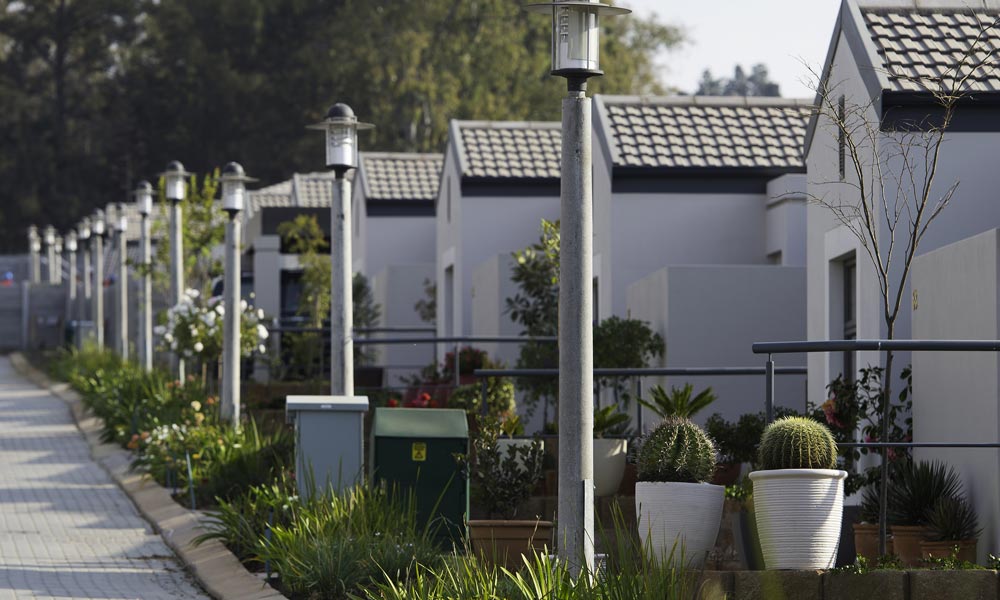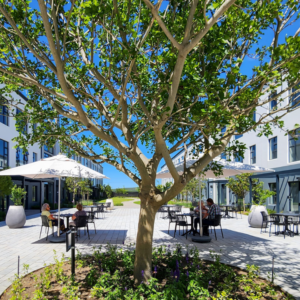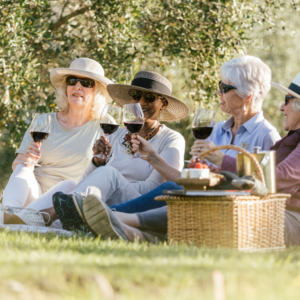
SA retirement sector growing despite challenges
The water crisis in parts of South Africa is without question currently one of the biggest talking points in the country. In this environment, it might seem unlikely that property developments in the country, and certainly in the Western Cape, would be set to increase in the coming year.
However, the demand for new property developments continues to be on the rise, and developers are finding new and creative ways to tackle the challenges they face. It is especially good news for retirees or prospective retirement home investors, as retirement developments have seen a spike in 2017 with the industry set to grow even further this year.
This is according to Arthur Case, CEO of Evergreen Lifestyle, a leading provider of retirement living in South Africa and a subsidiary of the Amdec Group, who says that, despite the uncertain state of the economy, the retirement industry is thriving.
Understandably, one of the biggest concerns for people nearing retirement, is whether they will outlive their assets. According to the Institute for Health Metrics and Evaluation, people throughout the world are living longer than ever before – therefore it is important for people to plan for life potentially long past the average retirement age.
In fact, in South Africa, life expectancy among the middle class is now 79 for men and 83 for women. More than 6% of South Africans are aged over 60, and this figure is expected to double over the next 30 years. It is for this reason that the demand for housing for the elderly is set to intensify further.
This has resulted in increased investment in retirement developments, with many new retirement villages now being built throughout South Africa.
Evergreen Lifestyle launched many new construction projects during 2017. This was, in part, thanks to the investment of R675 million into Evergreen by the PSG group.
“The investment from PSG is very significant for the retirement industry,” says Case. “This large cash injection provides the funds needed to speed up the construction of new accommodation for retirees in the middle and upper-income groups.”
“Our focus for the short to medium term is to develop in major metropolitan areas and nodes – staying close to necessary infrastructure. Our aim is to grow to 10 000 units in the next five years,” Case says. “We are confident that we will have no difficulty selling units at any of our existing or new retirement villages,” he says.
Even with a faster rate of construction, however, he says Evergreen will not be able to meet the increasing demand for retirement homes.
He foresees significant interest in the “Life Rights” model he calls the “future of retirement”. It offers retirees the opportunity to occupy a property throughout one’s lifetime – and the lifetime of one’s spouse – without having to worry about the maintenance. Specifically relating to Day Zero, the onus falls with Evergreen Lifestyle to invest in alternative water supply projects a commitment to their residents. Had this been in a sectional title estate, it would have come at significant extra cost.
And the model is also far more affordable than taking ownership of a property.
Evergreen lifestyle villages can currently be found in Bergvliet, Diep River, Muizenberg, Noordhoek and Lake Michelle in Cape Town, Val de Vie in Paarl, and Broadacres in Johannesburg.
New retirement villages are soon to be launched in Port Elizabeth and in KwaZulu-Natal.
“The Western Cape is outperforming all other provinces, predominantly as there was quite a significant move from Johannesburg to Cape Town in the last two years or so,” says Cobus Bedeker, development director of Evergreen Lifestyle. “This may have played a significant role probably why we are under pressure with our water.”
What does this all mean for the water crisis?
Evergreen Lifestyle has already started taking proactive steps to ensure that its retired residents will be catered for by investing in alternative water supply initiatives at its retirement developments.
Borehole water will be treated for drinking water, rain and grey water will be harvested, water-wise gardens have been implemented, Energy Partners have been appointed to install reverse osmosis purification plants that will provide drinking water, and homes will have slimline water tanks installed to collect rain water for domestic use.
“We are making every possible provision so that residents will not have to stand in queues at the city’s collection points should Day Zero kick in,” concludes Case.



